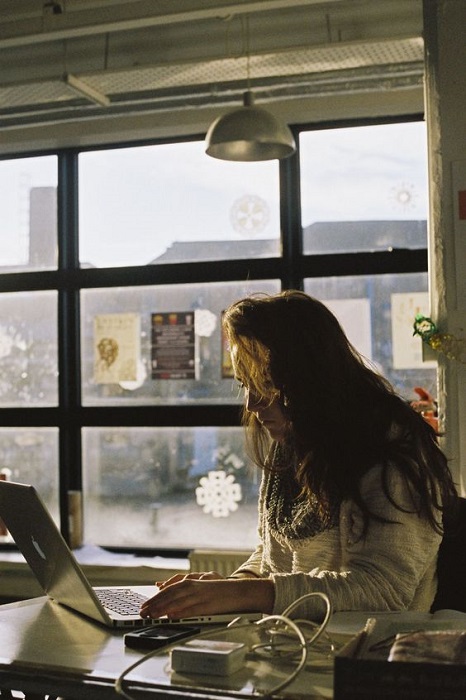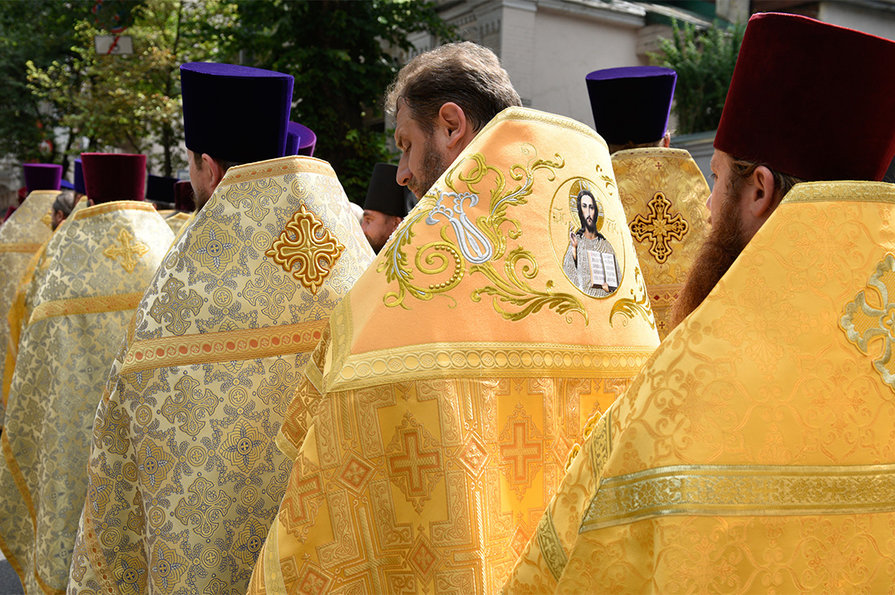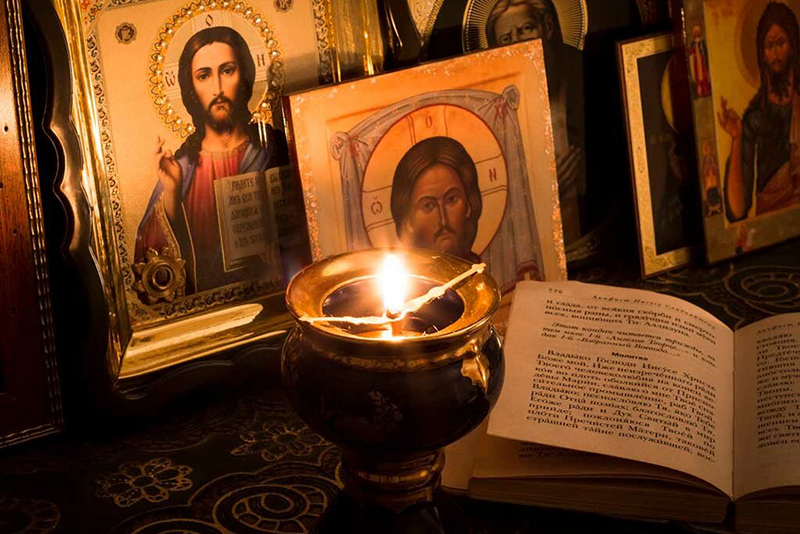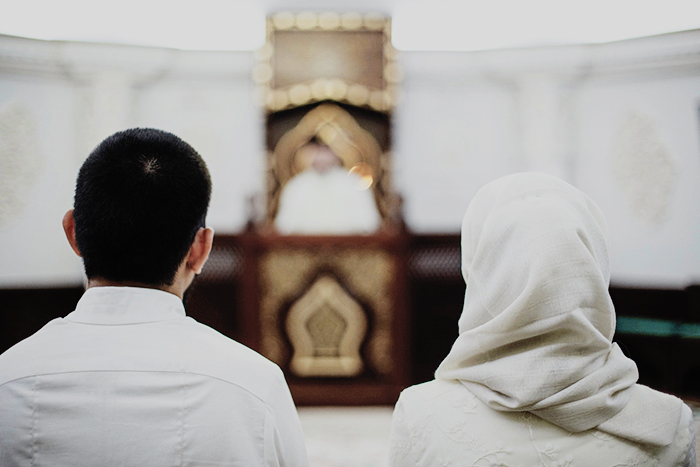
Facebook isn’t fun anymore.
It used to be a great place where people shared posts about life events and articles of interest. I learned that my out-of-state niece made color guard captain. I saw pictures of friends’ vacations and acquaintances’ weddings. I reconnected with old high school buddies. Colleagues posted book reviews, recipes, writing tips, even jokes. I follow a number of Orthodox blogs (including this one here at OCN) through Facebook. Like any tool, it has both noble and vulgar applications.
With national and international terrorist events sparking outrage and the American election looming large in the near future, all that has changed. Social media is now an electronic soapbox, a virtual Hyde Park Speakers’ Corner where anyone can—and does—rant and rave. As in newspapers and television, reasoned debate has been pre-empted by name-calling and character-smearing.
I want to get away from the negativity; I want more cute pet pictures.
Some of my friends take a social media break during periods of fasting such as our current Dormition fast, but since I am the social media manager for my workplace, that isn’t an easy option for me. I’m constantly reading and posting articles and memes about my field, which is libraries. Sometimes I have to wade through a lot of refuse to get a few pearls.
Don’t get me wrong: I love that I have so many friends with such diverse views. They have opened my eyes to a variety of ideas about a wealth of subjects. I love these thought-provoking discussions. It’s the invective I could do without. And truth be told, family members have accused me of being “addicted” to social media.

I’ll read articles online all day and come home to watch the news, but at the end of the night I find myself too tired to pray for our civil authorities, that we may have “peaceful times…[and] tranquility.” Only rarely does it even occur to me to pray for the presidential candidates, one of whom will be president next year. Or I’ll editorialize online about the latest tragedy while too often forgetting to pray that we “may lead a calm and peaceful life in all godliness and sanctity.”
I remember my family in my personal prayers and usually extend these prayers for my close friends, especially those with struggles—struggles I’ve sometimes only heard about through social media. Too many friends are going through too many challenges. The beauty of the Orthodox prayers is that “mercy, life, peace, health, salvation and visitation . . .” applies to pretty much every situation.
What about my other social media contacts? A colleague is posting pictures of her vacation in Rome. Do I think of her when praying for those travelling “by land, by sea, and by air”? Unfortunately, the answer too often is no. I have grad school friends who graduated a few years before me and former coworkers I no longer see because I’ve changed jobs. I’ll “like” their posts or compliment them on a new haircut and even offer commiserations for life’s tough times, but later they become offline-and-forgotten in my prayers.
I am learning from family members who are First Responders to say a brief prayer whenever the emergency sirens go off. The sight of an ambulance or fire truck with flashing lights means that someone is in trouble, and professionals may be entering a hazardous situation. We pray for the person in need and the responders. If I can learn to pray on the side of the highway when I’ve pulled over to permit an emergency vehicle to pass, then I can learn to remember my social media contacts in prayer, either when I read their post or later that night in my formal evening prayers.
Uplifting memes resembling chain letters encourage us to “Flood Facebook with music” or “Share photos of kittens to spread joy.” What if we flooded Facebook with prayer? And in keeping with the Gospel advisement to pray in secret, we didn’t talk about it, we didn’t post about it; we didn’t insert a “praying hands” emoticon. This I endeavor to do. Join me. Pray for me. But don’t post about it. (Forgive me for this article.)



